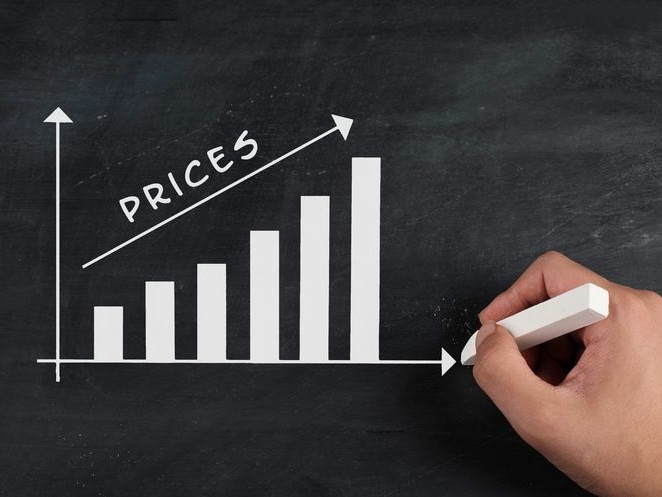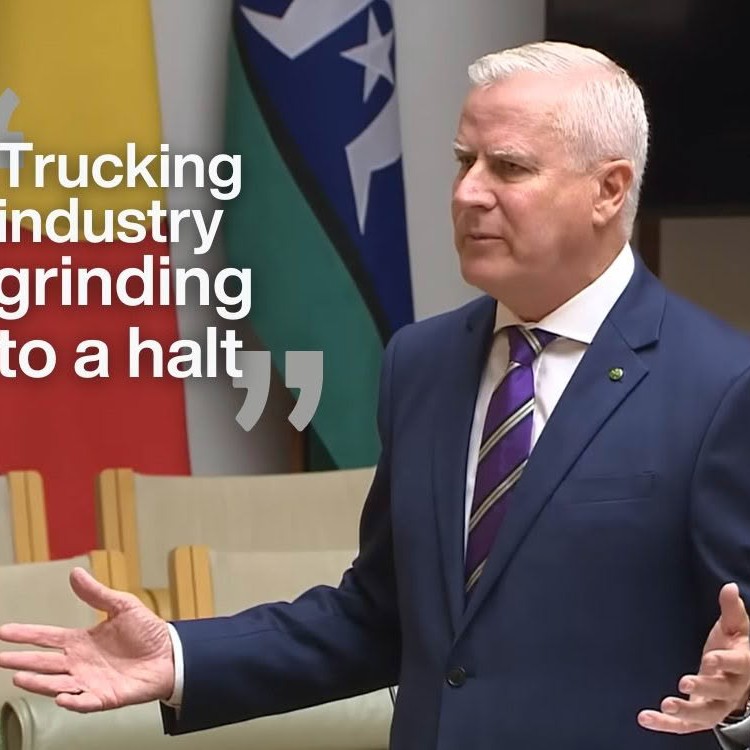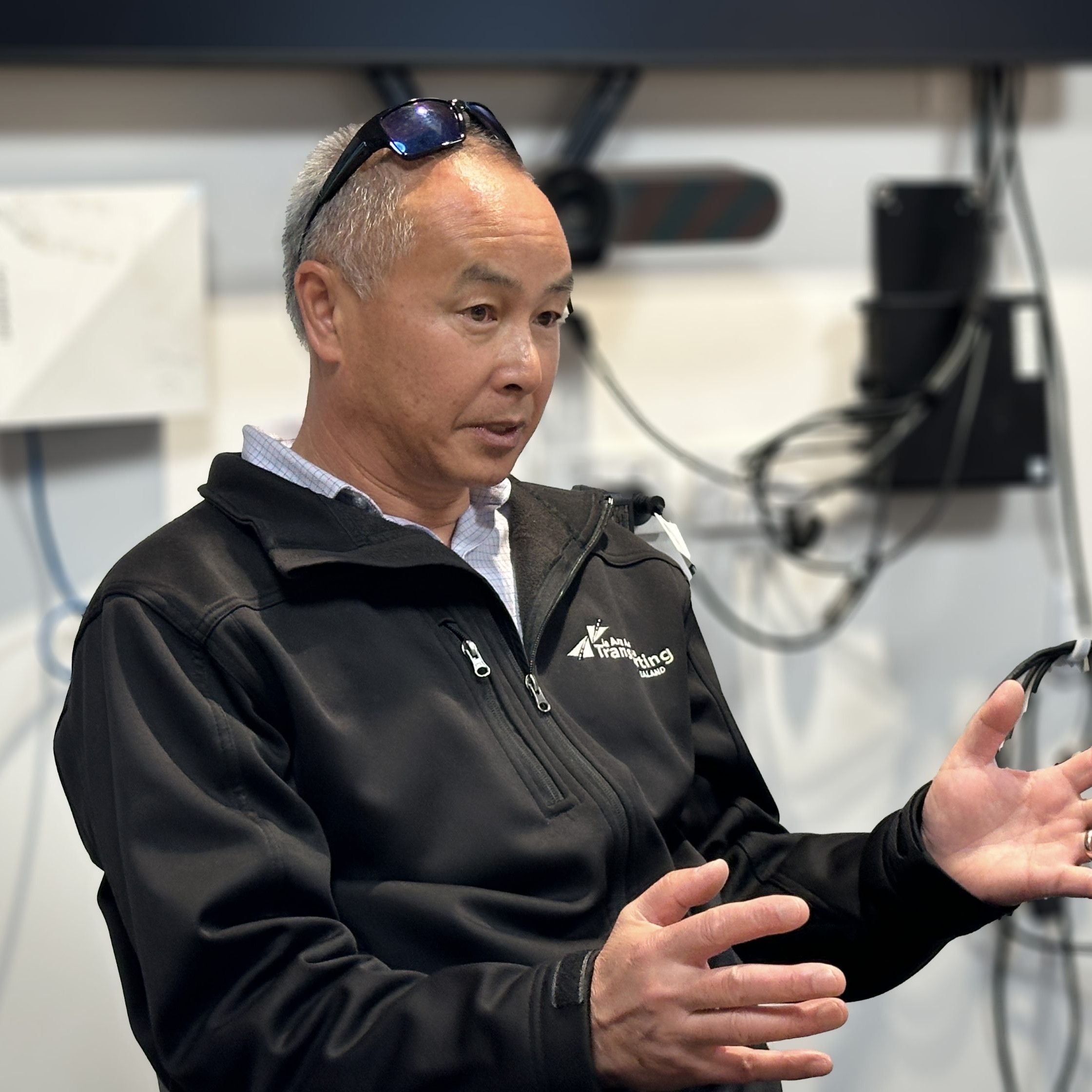
It’s been the perfect storm all year: surging oil prices coming on top of the Covid pandemic, massive delays in global shipping, and war in Ukraine further restricting supplies and driving up prices for everything from everyday staples like flour to discretionary consumer products. Inflation is back with a vengeance. There are fears of a deeper recession and greater economic hardship to come.
New Zealand is buffeted by all these global pressures. We’ve warned that cost increases threaten the viability of road transport operators and already overseas some businesses have been forced to close. We don’t want operators here to follow suit. Because the trucking industry carries 93 per cent of freight, if trucks don’t move, shelves won’t get stocked, causing even more problems.
Our recent survey asked road transport operators to break down the main costs they have to face. We had a huge response, and I would like to thank the 400 businesses from around the country who took the time to respond to our detailed questions.
Almost nine in 10 reported that cost increases have had a major negative impact on their business.
Unsurprisingly, fuel accounted for the biggest cost increase. A year ago, only 20 per cent of the industry had fuel making up more than a quarter of their business costs. Today, 64 per cent say fuel is more than a quarter of their costs. A total of 45 per cent of operators say fuel is now in excess of 30 per cent of their costs. A year ago it was just 8 per cent.
To put those numbers into context, take the case of a typical operator with a truck and trailer combination doing 100,000km a year with a burn rate of 1.8km/l. If a year ago they’d be paying in the order of $1.30 a litre for fuel and now they’re paying $2.70 a litre that’s an increase of $77,778!
Another useful way I use to demonstrate the significance of this is, if fuel was 20 per cent of operator input costs and it went up 50 per cent, all other things being equal that equates to a 10 per cent increase in total input costs. If an operator’s profit was 10 per cent of total costs and they couldn’t recover any of that increase from their clients, then all their profit has gone to paying for the increased fuel cost. Now when you consider that the price of diesel has actually gone up over the last year in the order of 100 per cent, if an operator cannot recover those increases, then their business is simply not financially sustainable.
What happens next with oil prices is hard to predict, but it’s reasonable to expect there will be no short-term relief. Our crystal ball is as good as anyone else’s so I’m refraining from making predictions on fuel price because we simply don’t know, and given the unprecedented volatility, the confidence with any predictions we’d make would be very low. Our focus is to try and help our operators manage the impacts we can influence.
The biggest risk for road transport operators, right now, is not passing costs on to customers. Nearly one in five businesses surveyed reported they were unable to pass on increased costs, and only half felt that their customers appreciated the need to increase rates.
We’re further concerned that some large players give a flat “no” when operators tell them they need to increase costs. That’s frankly unacceptable.
If this all sounds like doom and gloom, we’re here to offer some hope. There are practical things you can do right now to face off the big cost threats. Here are a few initiatives we have underway in that regard.
- All members are automatically entitled to access the quarterly Transporting New Zealand Grant Thornton cost index. We are happy to advise how members can use and apply the index to their business. Operators understanding their business costs and clients being to compare that with industry benchmarking is so important to the sector we’ve just initiated a campaign that makes the Index information more accessible to the sector.
- Get the best deal on fuel. Talk to membership manager Fiona McDonagh or membership advisor Vicki Harris for details about one of our fuel schemes.
- We’re building a user-friendly Cost Model that we believe will help empower operators to better understand and manage their costs
- We’re lobbying regulators to make sure transport clients can’t try to pressure our members into cutting corners or making safety compromises. Safe and sustainable practices come at a financial cost and that has to be factored into our members’ pricing.
- We’ve asked Government to extend the RUC discount
Now, more than ever, road transport operators need an ally who can fight for their corner. We’re always ready to help.
– Dom Kalasih is Transporting New Zealand’s general manager, Industry.
Photo 249153996 / Costs © Beritk | Dreamstime.com





